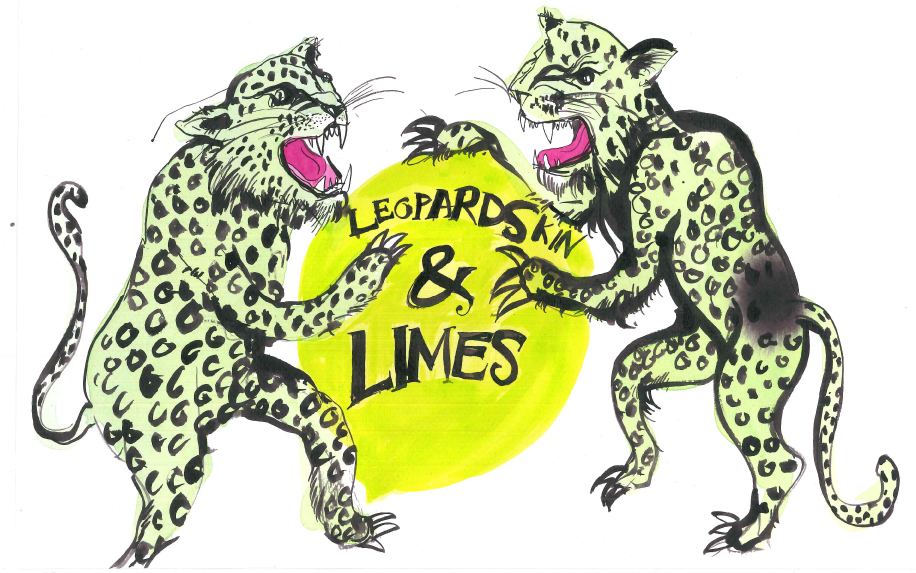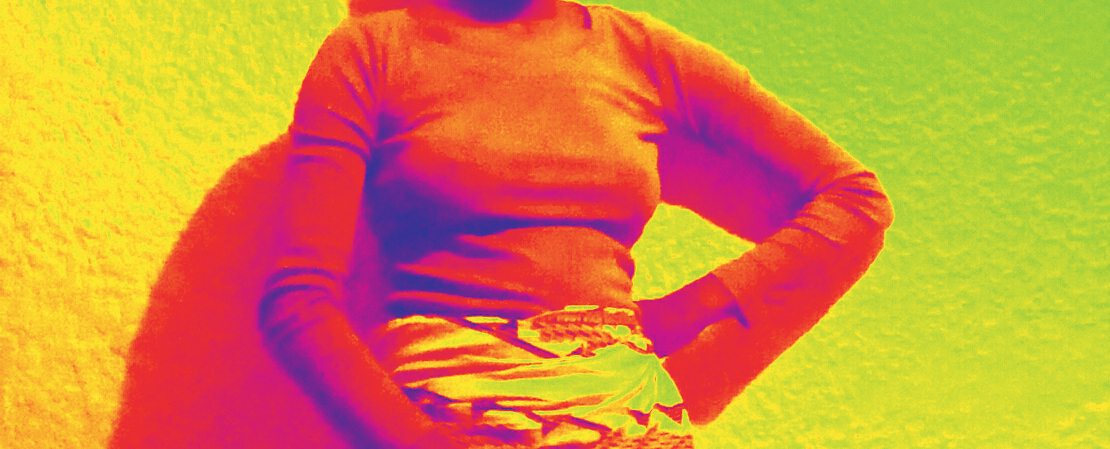Image © Mwinji Siame 2018
| by Mwinji Siame | March 14, 2018 |
One of the only joys (if you could call it a joy because it seemed like a natural thing a woman should have been able to do by the new millennium) of being single or rather, a divorcée, was not having to answer to anyone and consider what others would say about how and with whom you spent your days. So, on a sleepy Saturday afternoon in the middle of very middle-class Lusaka (like where your moderately wealthy and/or educated aunty who can still tighten her wrapper before a fight would stay) two friends, both divorced, arranged to meet, spontaneously, to do whatever they wanted to do together on that day. Although, this was probably something these two particular women would have done without permission or fear anyway.
Chimwe set the tray of whiskies on the garden table, disregarding the shrivelled frangipani’s most people swept away in this season, but which she loved in their dying state because she was a darkish and nostalgic sort of person. She had filled one glass of whisky—her friend Gomezga’s—with as much ice as could possibly fit into a whisky glass without it looking suspicious. This was to give the impression that it was equally as full as hers which only had two cubes of ice. And really before you get any thoughts it was not that she was stingy (she had told herself) it was just that she was running low and this was the stuff from duty free so she needed it to keep for at least the next three weeks until the African Economic and Trade Conference in Cape Town. This was a conference she had only agreed to attend mostly (she told herself), or really only for this reason (when you have been told your work is important you must always convince yourself that a part of you wants to do it from the goodness of your heart).
“Why are you being stingy?” Chimwe’s friend said handing her back the drink.
In turn Chimwe took the glass back and gave her the one with two cubes. And after they both took their first sip she let out a sigh and laughed—relief. Nobody ever knew your shady tactics and behaviour quite like your sister friend who may in some instances also have been your lover, but whatever the case nobody knew you that way. Your husband, if you had one, was too busy being your husband and searching for the wife in you, or perhaps he was even too useless and self-centred to notice such inclinations. Your love-lover, if you had one, was too focused on making love or on solving whatever mystery, unlocking whatever key he thought would make you fall hopelessly in love with him, to be your friend. It was cliché but cliché’s are true for a reason (which was indeed another cliché) but nobody could know you the same way as your sister friend.
“How is the committee,” Gomezga said, a mischievous grin on her face.
“It’s regional, it’s coordinated, and it’s economic. I don’t know what else I can tell you.”
More laughter, this time until there were tears in their eyes. They would probably not even have stopped laughing if Chimwe’s phone had not bleeted with a disco tune.
It was her youngest and only. Her calls had become quite regular since the previous December. The calls were stoked by what Chimwe had initially thought was the panic of an over-sheltered child (her Tata’s fault) away from home for the first time, but what she saw now was a genuine anxiety. And when she got off the phone she felt suddenly heavy, her mind clouded with all sorts of dark and pressing questions and scenarios despite the joy of having her friend there. She got up to the kitchen to get the bottle.
“Yaa, that Trump guy is really causing Covfefe up there in the States mwandi,” Gomezga said when her friend had returned. She was hoping to recreate that earlier jovial mood except that she knew that these things were only easy to joke about and laugh at from a distance if all you needed was to cope. However, when these things were as immediate as your child, as flesh and bone, you needed more than to cope, you needed solutions. Solutions had been needed long ago of course but now it seemed that people could actually see solutions were needed, or better yet that they themselves were the problem which was also perhaps why they had been visionless in the first place.
“You know, at first I thought, she was just being, but now I wonder whether she shouldn’t just come back?”
“Come back to what? To this? To these men who are going to look at her like she’s a small girl. To all this thing of getting married and people looking at her strange because she probably won’t? She’s small over here, she’s small over there, and it’s all the same everywhere. So it’s not a solution really is it—but I’m sure you of all people already know all this?”
“It’s the same I know, but at least she’ll be home, you know. She’ll be where she belongs. It’s different when you have children—it’s not just ideas and principles. You have John; you know how dangerous it can be with these racial things.” Chimwe winced, thinking of all those racial things—of all the beatings and killings she had been hearing about on social media, of all the undignified ways people were being forced to live here and everywhere, of a news incident where an aged man had then declared (more or less) that racism did not exist. And after this cinematic flurry of images she saw really that they weren’t racial things, or things—they were mzungu things really. Someone had to take responsibility.
“Well exactly, you know in South there’s no cooperation or coordination whatsoever from bazungu, and then none between our Brothers and Sisters—you saw the way they almost didn’t let my son get onto their soil, turned him away—I mean for what?!” She clapped her hands together and then threw them out as if she was getting rid of something. “Anyway the whole story sometimes makes me stressed but then I just remember that when he comes here he’s a king, like his father. So he will always have somewhere to come and belong. But tell me, where is the place for a woman my friend? Even one with a mother like you?”
Chimwe reclined in her chair and mxm’d, reminded by the absence of a father, and of things she would rather not be reminded of.
“Anyway where does a woman ever really go, where does she belong? Where is she safe?” Gomezga continued after allowing her friend some reprieve. Then she took a sip from her whisky and shook her head.
“Well anyway, at least she’s settled in finally.”
“Yes. At least. And anyway, look at us drinking whiskey and talking about the state of the civilization like two Big Men—who would ever have thought, from hostel days—imagine?”
Chimwe was silent. She took a gulp of whisky, polishing what was left in her glass. Usually she might have allowed herself to be seduced by the nostalgia of their youth but now the past too looked different, unreal, perhaps even a little grim. Even what had between them, those memories, now just seemed like dreams, long-ago dreams because now, with a little more age, things were real and what were needed were solutions.
Chimwe poured herself her third glass of whisky and after taking the glass from her friend, who yielded quite easily, poured more for her as well. Now was not the time for stinginess, for scrimping and saving for two weeks like socialists; what were needed were solutions! She decided she would write this on her manifesto (one day) but before then she would get drunk with her friend and talk about these solutions while watching the sun set—today becoming tomorrow, becoming another day.
__________
Mwinji Siame is a Zambian-born, Cape Town-based freelancer and trouble-maker. Her fiction has appeared in several online literary magazines and is forthcoming in Femlit Mag. She has just completed initial work on her first long manuscript, a novella about three women.

